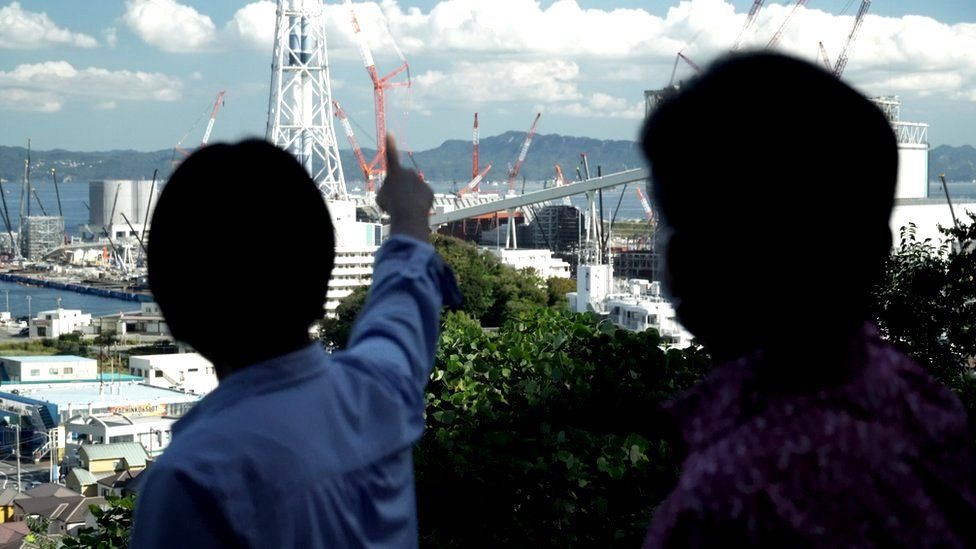Climate change: Is ‘blue hydrogen’ Japan’s answer to coal?

It’s a glorious autumn afternoon and I’m standing on a hillside looking out over Tokyo Bay. Beside me is Takao Saiki, a usually mild-mannered gentleman in his 70s.
But today Saiki-San is angry.
“It’s a total joke,” he says, in perfect English. “Just ridiculous!”
The cause of his distress is a giant construction site blocking our view across the bay – a 1.3-gigawatt coal-fired power station in the making.
“I don’t understand why we still have to burn coal to generate electricity,” says Saiki-San’s friend, Rikuro Suzuki. “This plant alone will emit more than seven million tonnes of carbon dioxide every year!”
Suzuki-San’s point is a good one. Shouldn’t Japan be cutting its coal consumption, not increasing it, at a time of great concern about coal’s impact on the climate?
So why the coal? The answer is the 2011 Fukushima nuclear disaster.
In 2010 about one third of Japan’s electricity came from nuclear power, and there were plans to build a lot more. But then the 2011 disaster hit, and all Japan’s nuclear power plants were shut down. Ten years later most remain closed – and there is a lot of resistance to restarting them.
In their place Japan’s gas-fired power stations have been doing a lot of overtime. But, as Britain has found out recently, natural gas is expensive.
[“source=bbc”]
